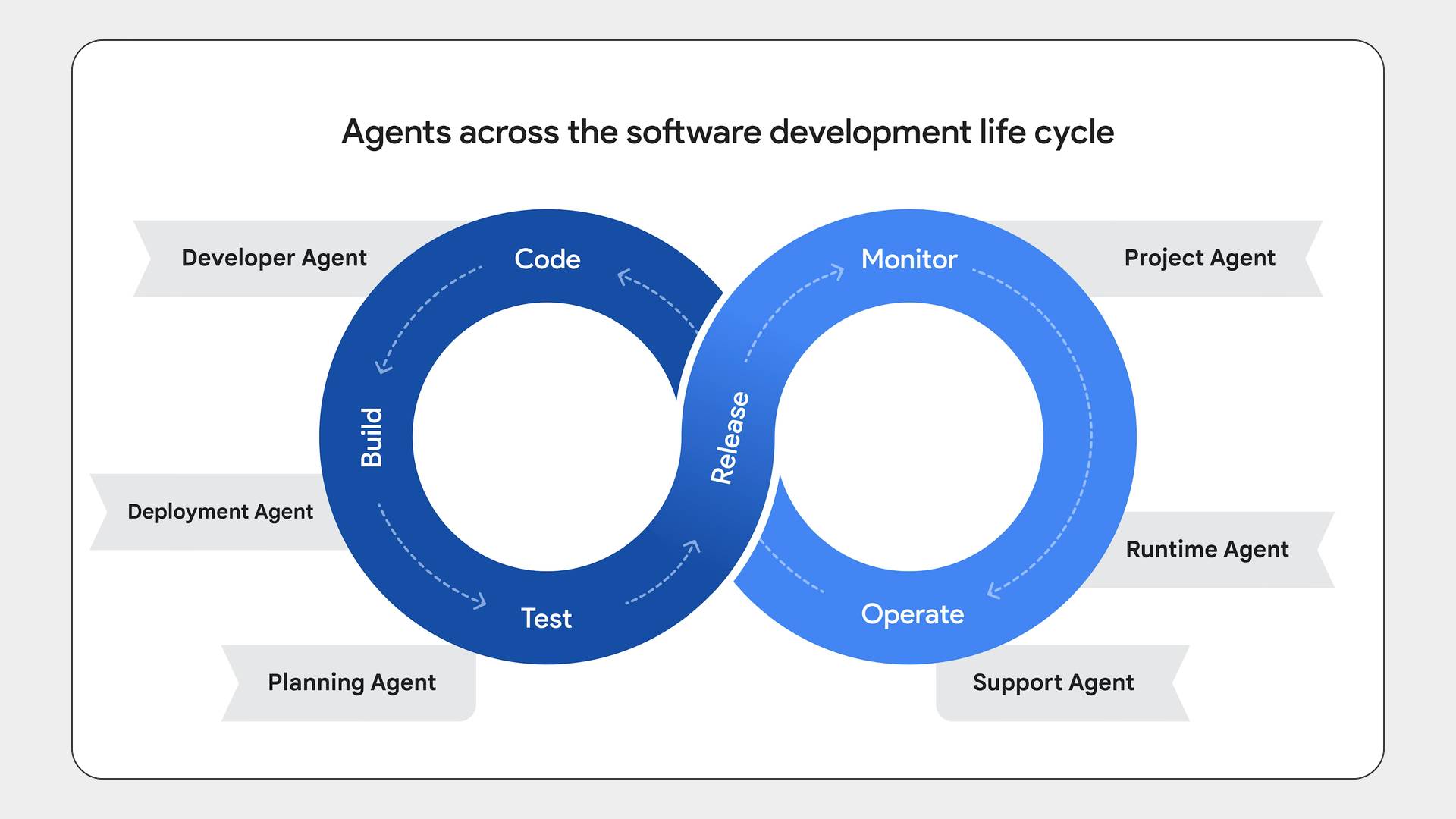Google Project Oscar has been introduced as a groundbreaking initiative for software development.
The innovative platform, showcased during Google I/O Bengaluru, aims to enhance how development teams handle various aspects of their projects, from bug tracking to user support.
By utilizing the power of AI agents, Google Project Oscar promises to streamline processes and enhance productivity across the software development lifecycle.
Google Project Oscar is designed to empower open-source development teams with intelligent tools for managing their software programs. However, the potential applications of this technology extend far beyond its current focus, with plans to expand its reach to closed-source projects in the future.

The brains behind Google Project Oscar
Karthik Padmanabhan, who leads Developer Relations at Google India, shared his enthusiasm for the project in a recent blog post. He expressed his belief in AI’s transformative potential within the software development sphere, highlighting Google project oscar as a step towards making AI more accessible and beneficial for developers worldwide.
The platform’s versatility is one of its key strengths. Google Project Oscar enables developers to create a wide array of AI agents tailored to specific roles within the software development process.
These include:
- Developer agents
- Planning agents
- Runtime agents
- Support agents
What sets these agents apart is their ability to communicate through natural language, allowing users to provide instructions without the need for complex coding.
Project Oscar in action
To demonstrate the practical benefits of Google Project Oscar, we can look at its implementation within the Go Programming Language Project. Cameron Balahan, group product manager for Go at Google, shared insights into how Oscar is already making a difference in managing this complex open-source project.
The Go project, with its impressive 93,000 commits and 2,000 contributors, presents significant challenges in terms of issue tracking and contributor engagement. Recognizing these difficulties, the team turned to Google Project Oscar for assistance. They deployed an AI agent specifically designed to enhance the management of bug reports and other contributor interactions.

This AI agent, developed through Google Project Oscar, performs several crucial functions. It enriches issue reports by analyzing available data and utilizing development tools to highlight the most pertinent information. Moreover, the agent can interact directly with individuals who report issues, seeking clarification when necessary, even when human maintainers are offline.
Balahan emphasized that the goal is not to replace human developers but rather to reduce disruptions and tedious tasks, allowing the team to focus on the aspects of development they truly enjoy.
Looking ahead, Google has plans to extend Project Oscar’s reach beyond its current implementation. Balahan revealed that the platform will soon be deployed to other open-source projects within Google’s ecosystem. This expansion will provide valuable insights into the platform’s versatility and effectiveness across different project types and scales.
Perhaps most excitingly, Balahan outlined a vision where Google Project Oscar becomes accessible to a broader audience. The ultimate goal is to create a platform where anyone can deploy Oscar to their project, regardless of whether it’s open or closed source. Users will have the option to utilize pre-packaged agents or develop their own, tailoring the AI assistance to their specific needs.

The future of software development
The introduction of Google Project Oscar can be seen as a milestone in the integration of AI into software development processes. As this technology matures and becomes more widely adopted, we may witness a transformation in how projects are managed, issues are resolved, and software is developed.
One of the key advantages of Google Project Oscar is its potential to reduce the cognitive load on human developers. By automating routine tasks and providing intelligent assistance, the platform allows developers to focus on more complex and creative aspects of their work. This could lead to increased productivity and potentially higher-quality software outputs.
Furthermore, the natural language interface of Google Project Oscar’s AI agents could make software development more accessible to a broader range of individuals. By reducing the need for specialized coding knowledge to interact with these agents, the platform could lower barriers to entry in the field of software development.

Another exciting prospect is the potential for Google Project Oscar to facilitate better collaboration within development teams. AI agents could serve as intermediaries, helping to coordinate tasks, relay information, and ensure that all team members are on the same page. This could be particularly valuable for large, distributed teams working on complex projects.
As Google Project Oscar evolves, we may also see improvements in software testing and quality assurance. AI agents could be trained to identify potential bugs or vulnerabilities more efficiently than traditional methods, leading to more robust and secure software products.
The journey of Google Project Oscar is just beginning, and its impact on the software development landscape is likely to be profound and far-reaching. As more developers and organizations adopt this technology, we can expect to see new use cases emerge and existing processes become more efficient.
Further information about Google’s ambitious project can be found here.
Featured image credit: Google for Developers/YouTube





